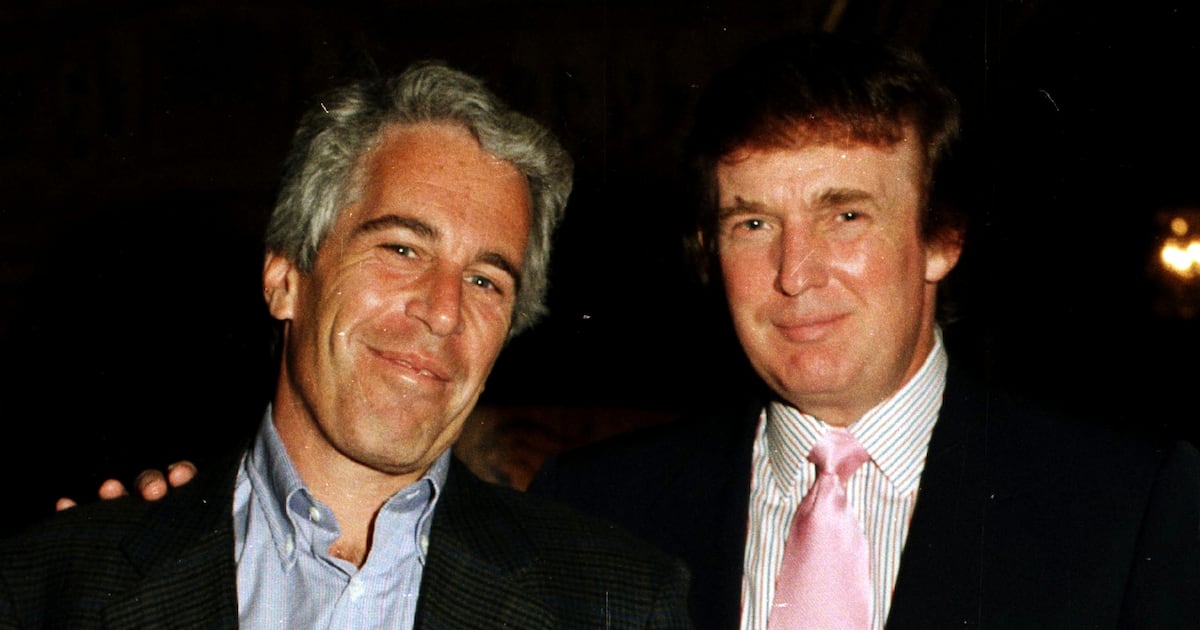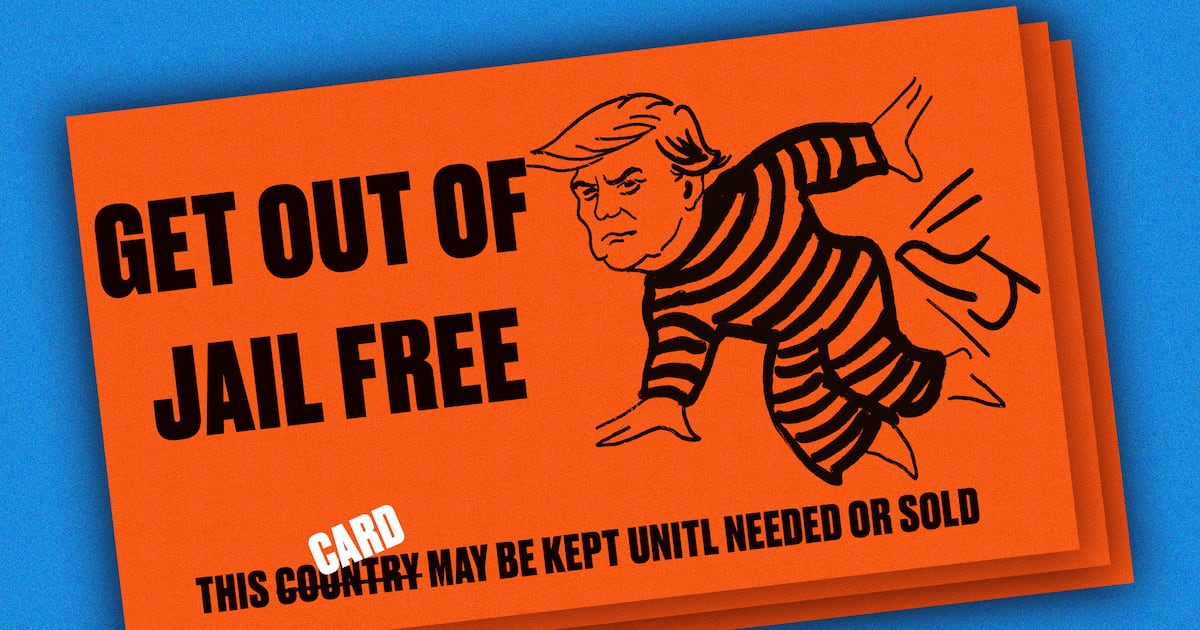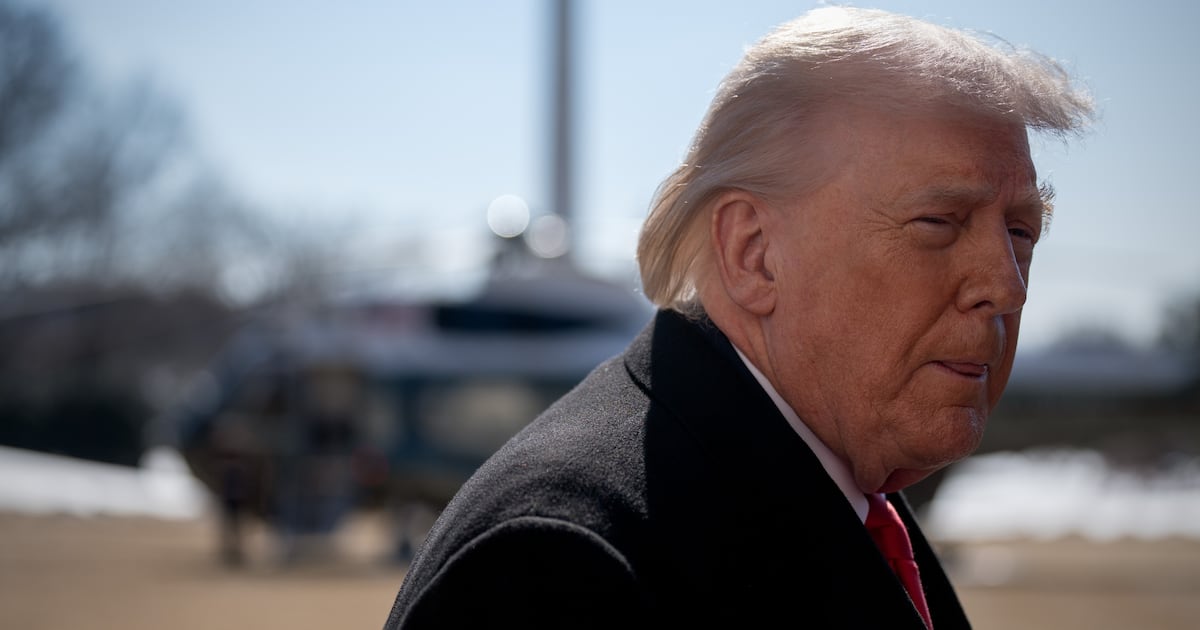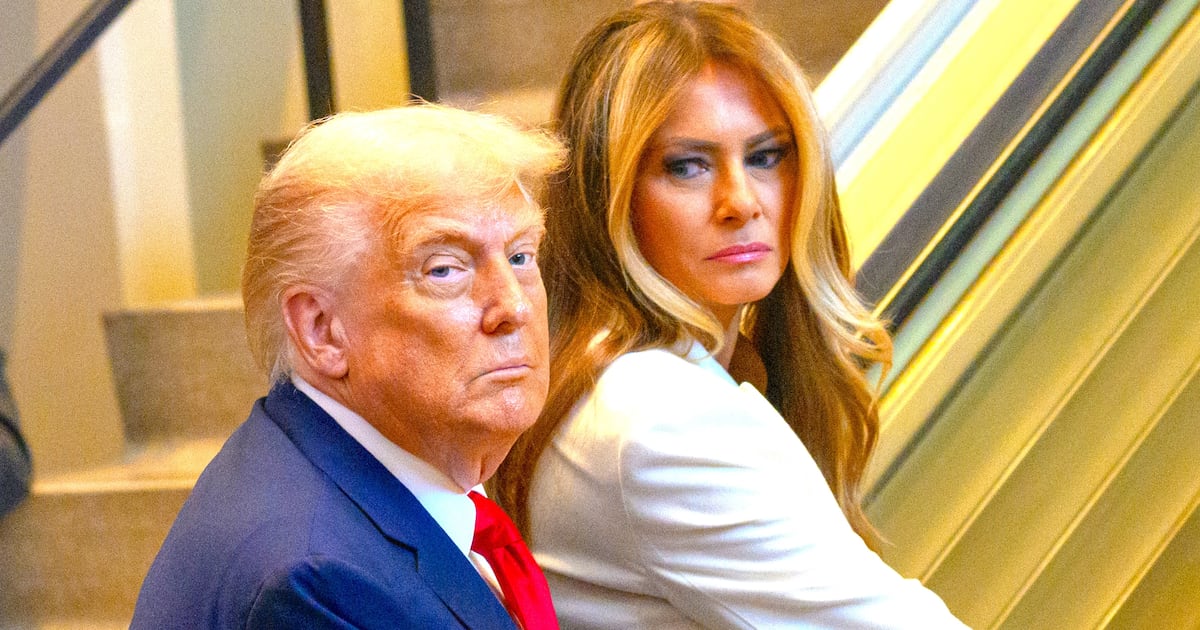For the first time in the long and sordid history of the Catholic Church’s saga with pedophile priests, the Vatican has approved a special judicial tribunal that could bring to justice the bishops who have helped protect offending priests.
But is it enough to protect kids? Survivors groups hope that this time the Vatican has come up with an approach that will work.
“It could be, but only time will tell,” David Clohessy, the national director of the Survivors Network of Those Abused By Priests (SNAP), told The Daily Beast. “But this isn’t like horseshoes. Every ‘miss’—however close it seems to be to the peg—means more kids will be raped.”
The new tribunal was the brainchild of American cardinal Sean O’Malley, who has become a central figure in the popular papacy of Pope Francis, which may make him a major contender when it comes time for the next conclave. As head of the Pontifical Commission for the Protection of Minors, and one of the pope’s trusted confidantes who sit on the elite Commission of Cardinals, O’Malley presented the plan at a meeting of the pope’s key men in Rome this week. They adopted it unanimously.
The tribunal will not focus on the abusers themselves per se, but rather on complicit bishops who moved the abusers around, knowing full well they were putting children in harm’s way. The five-point plan drafted by O’Malley allows for a number of changes to the current procedure, including making it a duty for diocese to report claims of abuse to Rome, according to Vatican spokesman Father Federico Lombardi.
For years, the Vatican has distanced itself from its field offices, effectively toeing the party line that what happens in individual dioceses cannot be blamed on the central church in Rome. By making it compulsory to instead alert the Rome-based tribunal of all complaints, the Vatican is effectively closing the gap and effectively taking greater responsibility for what happens in its dioceses.
The real question, though, is whether the new process will actually translate into effective punishment for proven offenders, and whether the secular courts will still be kept at bay when it comes to punishing child abusers and sex offenders. The organization Bishop Accountability, which keeps a database of extensive public records of accusations against abusers, warned that the very office that enforces accountability must itself be accountable.
“A public docket, prompt announcements of decisions, and release of documents are essential,” the group said in a statement.
The new tribunal will operate under the Congregation for the Doctrine of the Faith (CDF), which was reincarnated from the old Universal Inquisition department of the Holy See. It will have dedicated staff to sort through complaints and help process claims, and it will pass down judgments if it finds bishops complicit in the abuse.
Survivors groups are hopeful, but they say they would prefer that all sex abuse cases are all handled in the secular courts, not dealt with in a Vatican-operated tribunal.
“I don’t think we welcome any new internal cleric-dominated process, especially when it’s in the CDF, which, for decades, has refused to defrock or delayed defrocking some of the worst predator priests,” Clohessy says. “On paper, a mechanism like this looks good. But church abuse mechanisms always look good on paper. If this one is used to prevent cover-ups and punish ‘enablers,’ we’ll be surprised and pleased. If, however, it’s used to mollify distraught parishioners and generate good headlines, we won’t be surprised. That’s been the history of nearly all of the hundreds of church abuse panels over the past three decades.”
At face value, at least, this plan does feel fresh, if only because the Vatican has never directly mandated the investigation of bishops before. But it does call into question what this means for some of the most high-powered Vatican officials who are now facing allegations of taking part in the cover-ups, like Cardinal George Pell the Vatican’s financial czar who has been facing allegations in his native Australia for decades that he bribed victims and mishandled the case of defrocked pedophile priest Gerald Ridsdale.
Last week, Peter Saunders, one of the few non-clerical members of O’Malley’s Protection of Minors Commission, told Australia’s 60 Minutes program he thought Pell should be removed. “He has a catalogue of denigrating people, of acting with callousness, cold-heartedness, almost sociopathic,” Saunders told the program. “I consider him to be quite a dangerous individual.” Pell has threatened legal action against the program, and the Vatican was quick to distance itself and O’Malley’s commission from Saunders’ remarks, even though he is a member of the group.
Whether Pell’s case will be among the first heard by the new Vatican tribunal is anyone’s guess, but there are certainly plenty of others who could keep the tribunal busy once it is in place. Polish Archbishop Jozef Wesolowski, for one, is in Rome after being brought back from the Dominican Republic where he was the papal nuncio. At the time of his removal, the Vatican promised that Wesolowski would be investigated and brought to justice for the alleged abuse of young boys. So far as anyone knows, that has not happened. By being whisked back to Rome, he escaped secular court judgment in the Dominican Republic and even though he has been defrocked, he still enjoys immunity by living inside Vatican City.
Lombardi said that the O’Malley has given the new tribunal a five-year period to evaluate its success and effectiveness. God only knows how many children will be saved or be made to suffer while the Vatican and the victims groups work out whether the new plan works.






